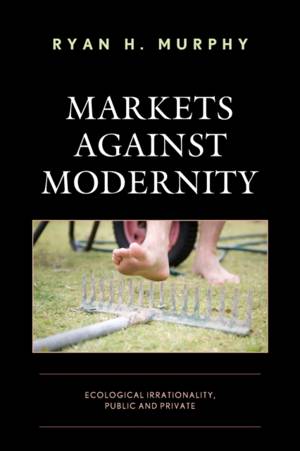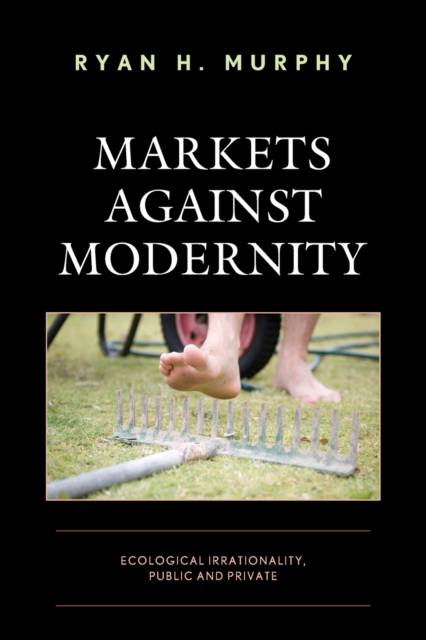
- Retrait gratuit dans votre magasin Club
- 7.000.000 titres dans notre catalogue
- Payer en toute sécurité
- Toujours un magasin près de chez vous
- Retrait gratuit dans votre magasin Club
- 7.000.000 titres dans notre catalogue
- Payer en toute sécurité
- Toujours un magasin près de chez vous
Description
In Markets Against Modernity, economist Ryan Murphy documents a clear continuity between the systematic errors people make in their personal lives and the gaps between public opinion and informed opinion. These errors cluster around specific divergences between how the modern world's institutions function--including global markets, pluralistic democracy, and even science itself--and how evolution trained our brains to understand the nature of economic relationships, social relationships, and humanity's relationship to the physical world. Murphy calls these systematic divergences Ecological Irrationality. Exploring them leads him to even more prickly questions--and to conclusions that may challenge the beliefs of those who understand that, for instance, modern vaccines are safe and effective. Do we actually want a less cohesive society? Is doing a task yourself financially prudent? And if we recognize an expert consensus, is there even a way to implement it and achieve the desired effects?
Spécifications
Parties prenantes
- Auteur(s) :
- Editeur:
Contenu
- Nombre de pages :
- 230
- Langue:
- Anglais
- Collection :
Caractéristiques
- EAN:
- 9781498591201
- Date de parution :
- 16-12-22
- Format:
- Livre broché
- Format numérique:
- Trade paperback (VS)
- Dimensions :
- 152 mm x 229 mm
- Poids :
- 340 g







